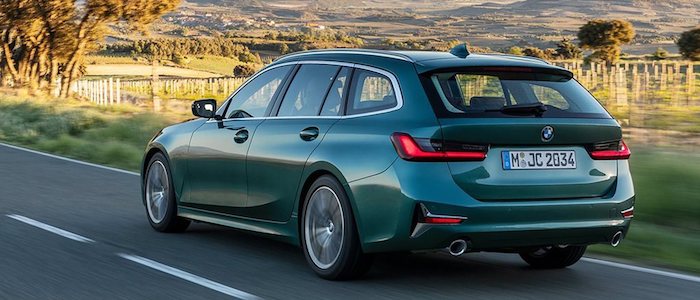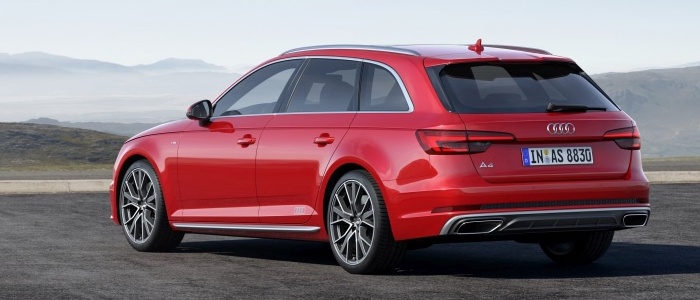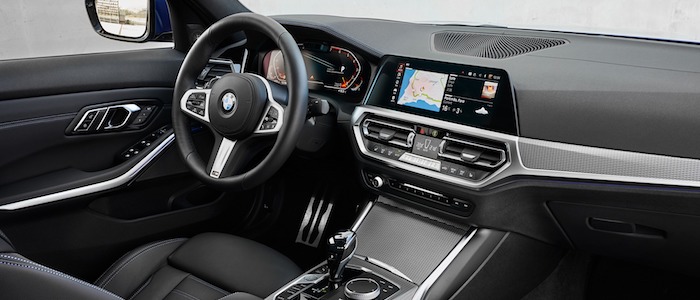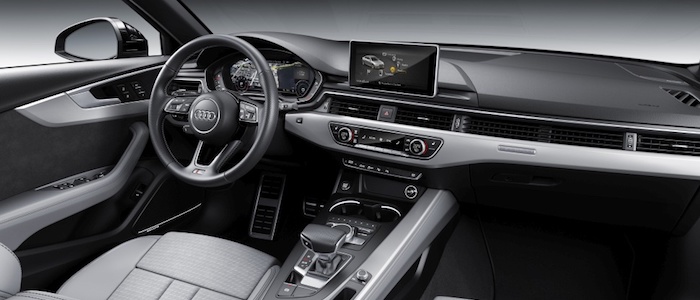Compare two cars
Compare any two cars and get our Virtual Adviser™ opinion
Dimensons & Outlines
Check vehicle history
Engine
Performance (manual gearbox)
Performance (automatic gearbox)
Expenses
Virtual Adviser's™ opinion
Two significantly similar cars, no doubt about that. Still, each one has something different to offer. Having both cars powered by petrol engines and utilizing the 5-door wagon body style within the same 'Large family car' segment, the only major difference here really is their wheel drive configuration (rear for the BMW and front in the case of the Audi). The first one has a BMW-engineered powertrain under the hood, a 4-cylinder, 16-valves 184hp unit, while the other one gets its power and torque from a 4-cylinder, 16-valves 190hp engine designed by Volkswagen.
SafetyBoth vehicles got tested by European New Car Assessment Programme (Euro NCAP), with the same number of safety stars gained in the process. Still, apart from the official crash test results there are other things we need to be aware of. Both vehicles belong to the large family car segment, which is generally a good thing safety-wise, but that fact doesn't break the tie between the two cars. Furthermore, when it comes to weight, a factor that most people underestimate, 3 Series offers a considerable difference of 12% more metal.
ReliabilityReliability is not the best thing to consider on the make level, but it is worth mentioning that both brands display similar results in faults and breakdowns, when all the models are taken into account. These are the official statistics, while our visitors describe reliability of BMW with an average rating of 4.1, and models under the Audi badge with 4.2 out of 5. Unfortunatelly, I don't have enough insight that would allow me to comment in more details on the specific models level. That apart, owners of different cars powered by the same engine as 3 Series rank it on average as 5.0, while the one under the competitor's bonnet gets 2.5 out of 5.
Performance & Fuel economyBoth of the cars accelerate exactly the same, so we couldn't put one above the other. Car No. 2 is faster though, reaching top speed of 236 kilometers per hour, 6km/h more than the other car. When it comes to fuel economy things look pretty much the same for both cars, averaging around 5.7 liters of fuel per 100 kilometers (50 mpg), in combined cycle.
Verdict
BMW appears just a bit more reliable, although the difference is truly marginal. The most important thing when deciding between any two vehicles should always be safety, both passive and active. In my opinion, everything taken into account, 3 Series offers significantly better overall protection, taking the lead here. From there things take a different direction, with Audi offering somewhat better performance, just enough to call it quicker. To make things even better, it consumps less fuel! At the end, as much as I'd like to give you a winner here, it's simply a pure tie if you ask me. Anyway, that's the most objective conclusion I could've came up with and it's based solely on the information found on this website. Aspects such as design, practicality, brand value and driving experience are there for you to measure them out. Also, you could use the oportunity to find out which car, everything taken into account, would be the perfect choice for you in the eyes of the virtual adviser™, among more than 12.000 different ones in our database.

































